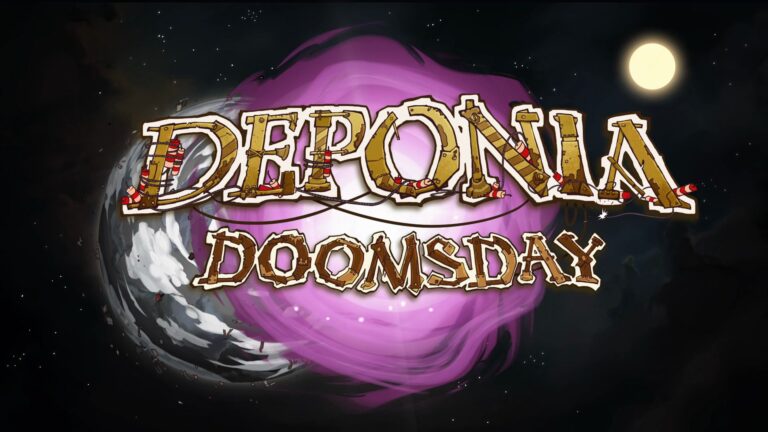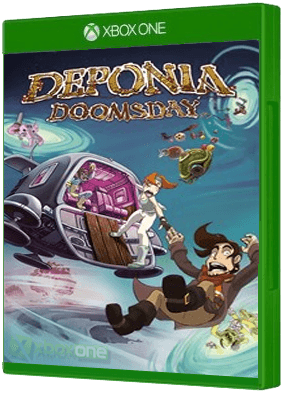


It becomes the thing that allows them to truly love each other, but also causes them most of their problems. Goal and Rufus are similar in how they embrace adventure and try to do what nobody else will let them or believe they can do.

We also get to see a significant exploration of why Rufus and Goal connect with each other so much, one aspect of the original trilogy not explored quite enough. It plays around with expectations built by the original trilogy and constantly throws the established formulas and character dynamics for a loop. This game doesn’t invalidate who he is, but rather examines that further and plainly expresses one of the original trilogy’s most significant themes much more loudly. Rufus is effectively the avatar of hope by this point, but that doesn’t mean he can make the impossible possible, he can only inspire people to try. Rufus gets lectured by Toni as every single he does trying to fix things makes it worse, his attempts to reunite with Goal on Elysium create a brand new disaster out of his control, his time traveling shenanigans end up alienating him from Goal, and so on and so forth. It constantly hammers home the moral of the story: Everything must end eventually, and trying to recapture something lost will only disappoint or hurt you eventually. Cue eight hours of things constantly getting worse, and worse, and worse near infinity.ĭeponia Doomsday really expands on the mythology of the franchise, even letting players finally explore Elysium, but it also creates a story filled with people with good intentions ruining everything for everyone, including destroying what good the original ending created. This doesn’t work, however, thanks partly to a mysterious pink elephant, and it’s not long before the two end up hopping through time and both this Rufus and a future Goal try to change their fates. He runs into a scientist named McChronicle, whom has a sort of time machine that can rewind time a bit and tries using it to save Toni’s glass set and keep their relationship afloat. We finally begin proper with a Rufus, still with his ex Toni, waking up and seeing all of the events of the past games and that bad future as a dream. Where he came to terms with his ending relationship there, here he sings to this woman who wants to get back together and warns her the dangers of wondering “what if.” The narrator appears for his last appearance, singing a song to his now ex he sang to in the original games. It makes its intentions clear fairly quickly, as Goal gives a recap of the original trilogy, and then ends asking “Oh? You don’t like this ending? Hoping for something more upbeat?” Cue the opening tutorial, which breaks tradition of Rufus fixing a trash compactor to have a future Rufus in a dead future blowing up the entirety of Deponia, now overtaken by horrible monsters. Basically, the game is meant to be sort of parallel to the original trilogy by using a time travel plot to let these events to take place in their own timeline (or timelines). Deponia Doomsday was described as a “paralellic” by the developers.


 0 kommentar(er)
0 kommentar(er)
